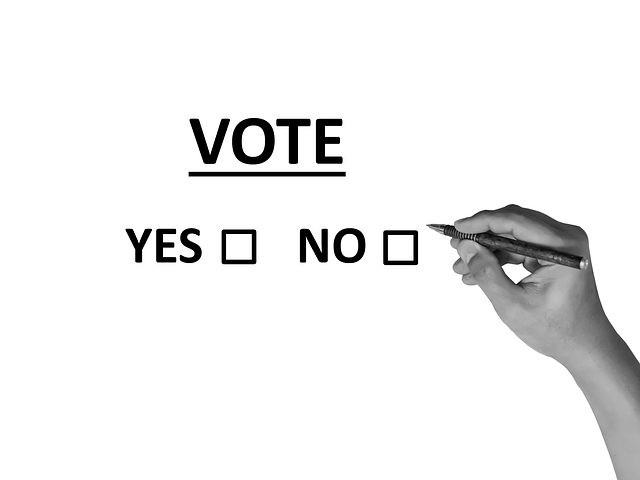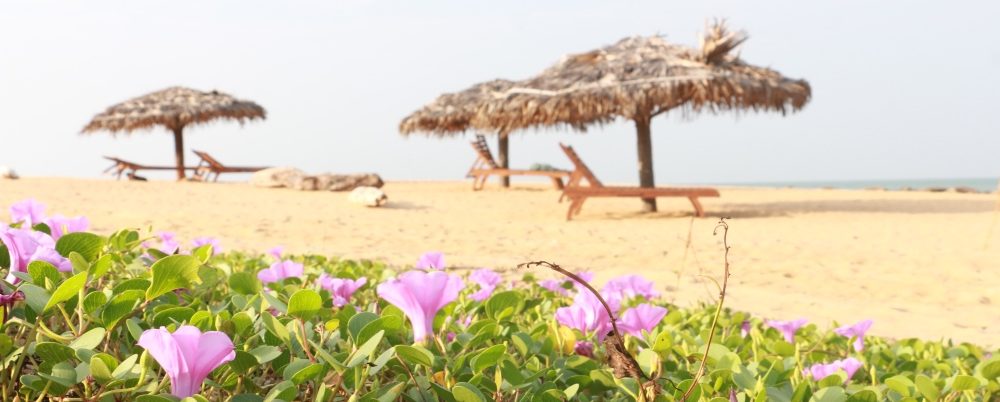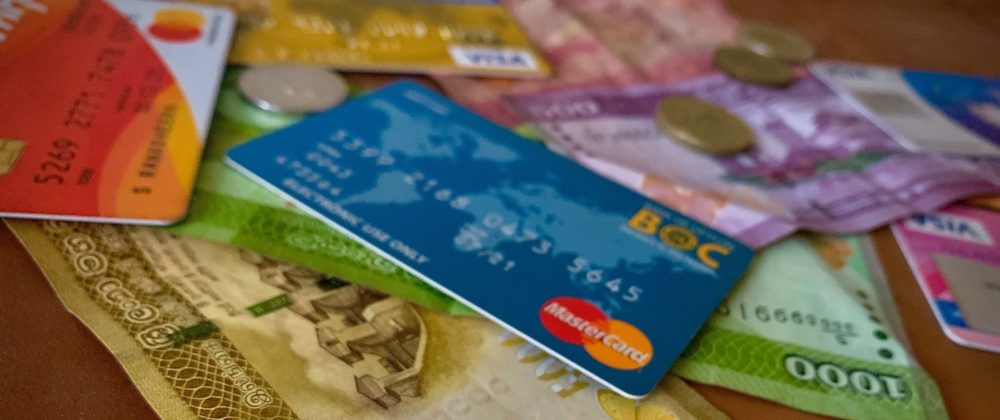Travel During the Elections in Sri Lanka
Presidential Election Update – 18.11.2019 Presidential Election on 16th of November is one of most peaceful elections in Sri Lanka. Mr Gotabhaya Rajapaksha was selected as the president of Sri Lanka with 52.3 % clear mandate from Sri Lankans. Sri Lanka is moving towards an Election Period. It is announced that presidential election to be held on 16th of November 2019. This is going to be the nationwide most competitive election. However, this is going to be the start of a wave of elections. Waves of Elections Presidential election is the most decisive election in Sri Lanka. Since the president has executive powers ( They were substantially reduced by reforms) whatever the party wins the presidency has more power to control the country. Especially there is more possibility to win the parliamentary election (2nd biggest) when a new president was elected from an election. All most all the candidates in 2019 are freshers and the party will have the best opportunity to win the elections to come. READ – Tour Operators & Travel Agents in Sri Lanka How the Sri Lankan Election System Works If you are interested in knowing about the election system and how the public reacts during them, you can read this part or else you can skip to the next section. There are 4 major elections are taking place in Sri Lanka. Presidential Election Parliamentary Election Provincial Council Elections Local Authority Members’ Election (Please refer https://elections.gov.lk/web/en/ for more) President of Sri Lanka The Sri Lankan president has executive powers in decision-making. Even though the 20th amendment to the constitution has substantially controlled the power, still the president has the authority to appoint commanders three forces, a solicitor general, and secretaries to the ministries. Therefore the election to select the president is the most decisive political event in Sri Lanka. Presidential Election is held every 4-5 years in Sri Lanka. Parliament Sri Lanka’s parliament has 225 seats. Out of 225 seats, 196 members will be selected from the general election in 22 electoral districts of Sri Lanka. Balance 29 members are allocated proportionally for each party based on the number of votes they get from the election and the parties can appoint an independent person as a member of the parliament. The current parliament needs to be resolved on or before August 2020. However, since none of the parties have parliamentary majority seats, it is most likely to dissolve the parliament very soon after finishing the presidential election in November 2019. Provincial Council Sri Lanka has been divided into 9 provinces considering the ethnic demography, geography, historical social development, etc. as a step of power-sharing among the minorities of Sri Lanka. Provincial councils have regional authority powers on specific areas such as schools, health, transport, etc. Please read here for more information on the power-sharing structure. The provincial council has linked to the executive presidency by the governor and the chief minister is the political leader of the province. There are provincial ministers for some sectors of the province. All the provincial councils have expired from the 09th of September 2019 and few provinces expired for more than a year. (News Link). Therefore soon after the presidential election, it is expected to declare the provincial council election. Local Authority The local council is at the bottom of the political structure of Sri Lanka. There are 341 total local authorities in Sri Lanka (24 municipal councils, 41 urban councils and 276 divisional councils). Please read here for more information. Since the local authorities are the closest authority for the locals, people consider local levels when it comes to local council elections. Types of Different Elections 1. Presidential Election As I have mentioned above, this is the most competitive election in Sri Lanka. Sri Lankan elections used to be violent years ago but it has changed now, especially around the year 2000 as the community is more educated on the democratic system and its applications. However, because of the competition, during the pre-election campaigns, there are lots of meetings and rallies that will take place all around the country. Most of the mass meetings will take place in public places such as grounds, and city open spaces, and therefore, it can create traffic jams around the area. It is advised to avoid all these election rallies or meetings. 2. Parliamentary Election As the second competitive election which will elect 196 members for the parliament, parliamentary election also gather lots of crowds for rallies and meetings. Unlike the presidential election, the parliamentary election is more targeted on districts of the country, therefore more events can be seen outside the main cities. 3. Provincial Council Elections Provincial Council Elections can take place in one or more provinces of the country in a single day. Sometimes, most of the province’s elections are held in a single day. Most of the regional politicians compete for the seats and therefore it has a regional importance rather than a national importance. Comparing to the presidential and parliamentary elections, less money is involved and therefore events are also lower than them. 4. Local Councils Election Local election has only local importance and most of the local individuals are competing with each other for the council positions. Other than a few mass rallies which are taking place to show the political party’s strength, most of the other meetings are not lot crowded. It hardly affects the day-to-day lives of the people, but it is advised to avoid any mass public gatherings during the election period. Precautions You Must Follow 1. Avoid Any Gatherings Even Though the recent Sri Lankan Elections are comparatively peaceful, it is advised to avoid any place which has a possibility of violent eruption. Large gatherings have the potential to convert to election violence. 2. Avoid Main Cities Most of the election tension is witnessed around the main cities such as Colombo, Kandy, Galle etc. It is advised to avoid these cities or be vigilant when you visit city areas. 3. Election Celebrations Warnings As a country of cricket,
Travel During the Elections in Sri Lanka Read More »



